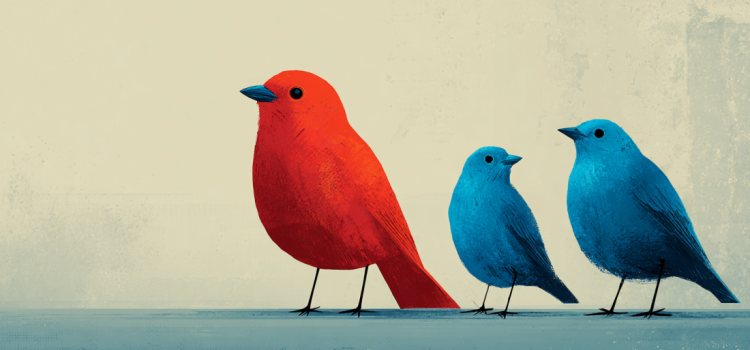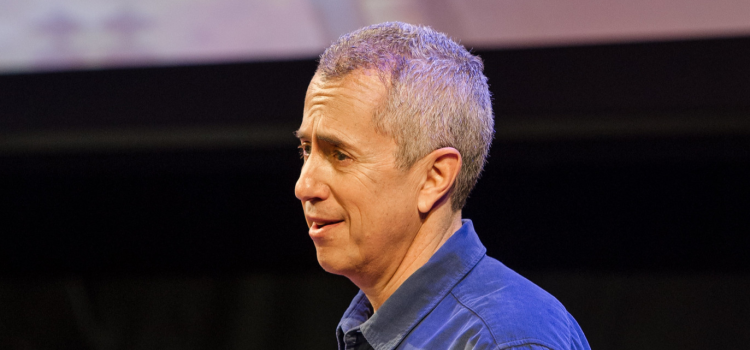Are you the person who feels like an observer even in a crowded room? Rami Kaminski’s book The Gift of Not Belonging: How Outsiders Thrive in a World of Joiners explores why some people never feel the innate pull to join the group. A psychiatrist, Kaminski names this “otroversion,” a distinct personality type for those who face away from the collective to find their own path. This overview of the book explains how understanding your “otrovert” nature can solve the exhaustion of forced conformity. By reframing non-belonging as a biological trait rather than a defect, you can leverage your natural
The Gift of Not Belonging: Book Overview (Rami Kaminski)










